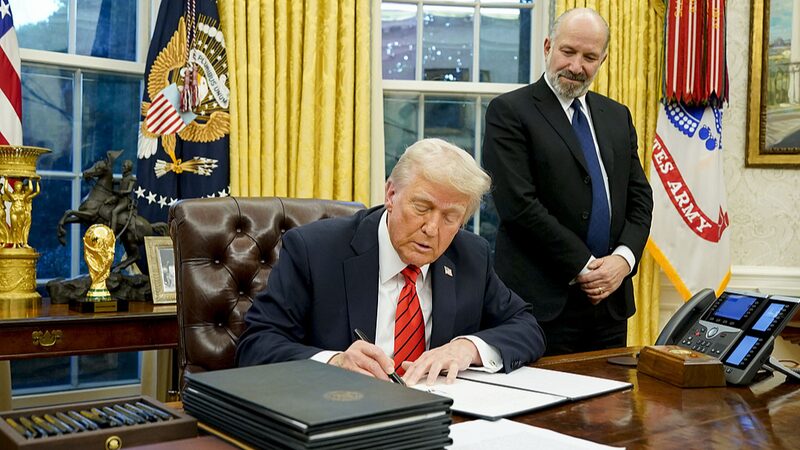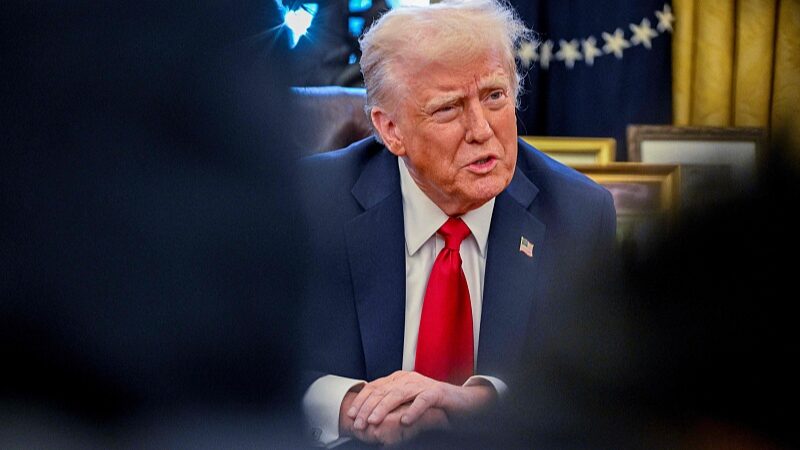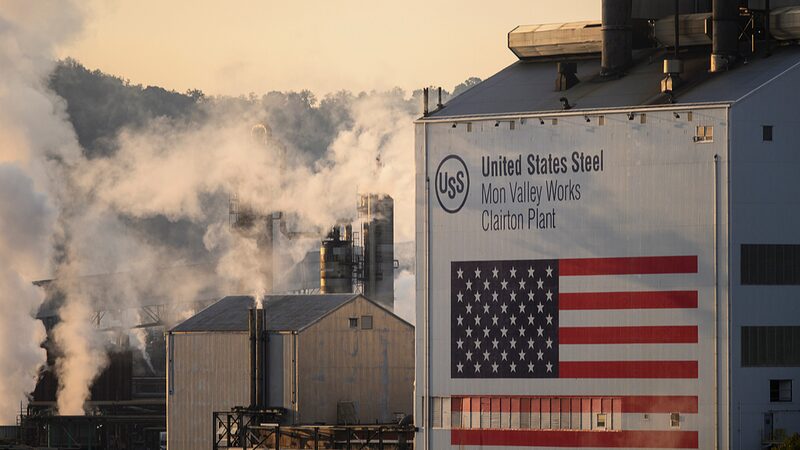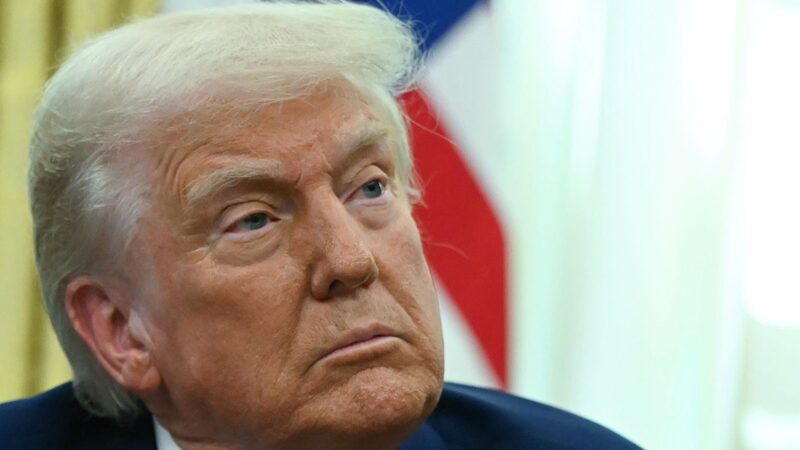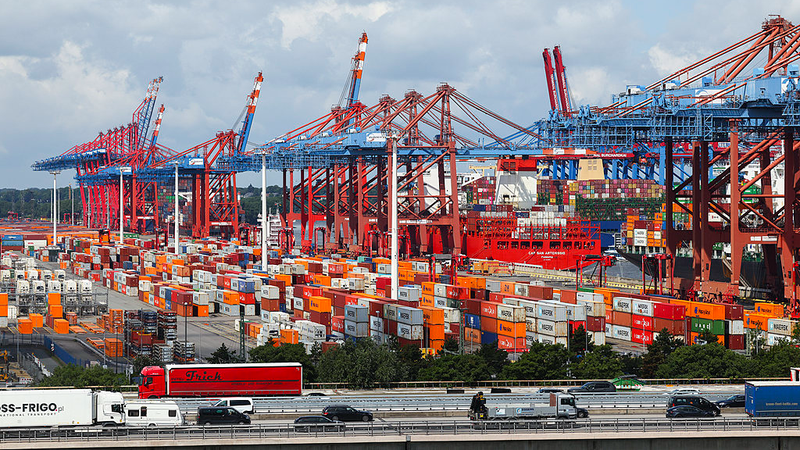The eurozone economy grew by a mere 0.1% in Q2 2024 – its slowest pace this year – as U.S. tariff policies disrupted trade flows and dampened industrial output, according to EU statistics released Wednesday. While Spain and France showed resilience through domestic demand, Germany and Italy slipped into contraction, highlighting uneven impacts across the bloc.
Key Divergences Emerge
Germany, Europe's industrial powerhouse, saw GDP shrink 0.1% after Q1 gains, with steel producers like Salzgitter citing "severe" tariff impacts. Italy similarly contracted 0.1%, while Ireland's GDP plummeted 1% following a record 7.4% surge earlier. Spain bucked the trend with 0.7% growth fueled by consumer spending.
Tariff Pressures Mount
The Trump administration's steel/aluminum tariffs rose from 25% to 50% in May before a July EU-U.S. deal capped levies at 15%. ECB President Christine Lagarde noted export-dependent nations bore the brunt, with analysts estimating a 0.2-0.5% GDP drag. "This isn't a solution; it's appeasement," warned Kiel Institute trade expert Julian Hinz.
Path to Recovery
Despite short-term headwinds, the ECB projects modest 2025-26 growth supported by fiscal policies and a July PMI rebound to 51.0. Inflation remains stable at 2%, allowing policymakers to prioritize structural reforms. However, Capital Economics forecasts "weak" H2 growth as tariff effects linger.
Reference(s):
cgtn.com

